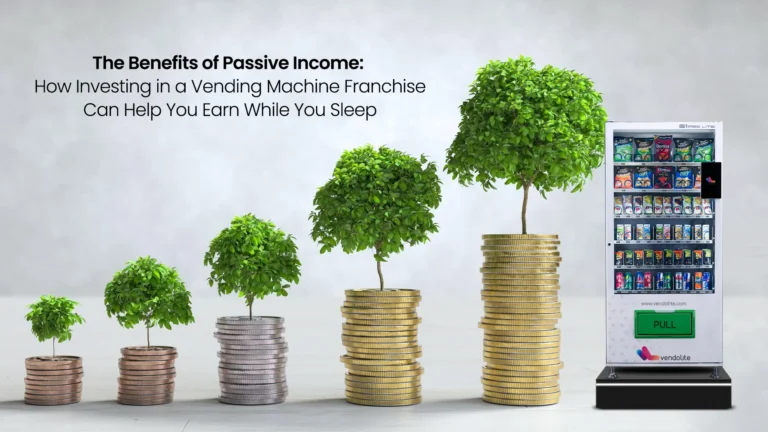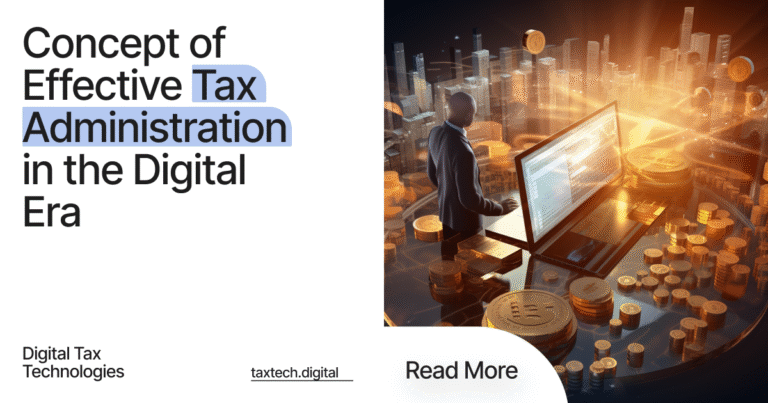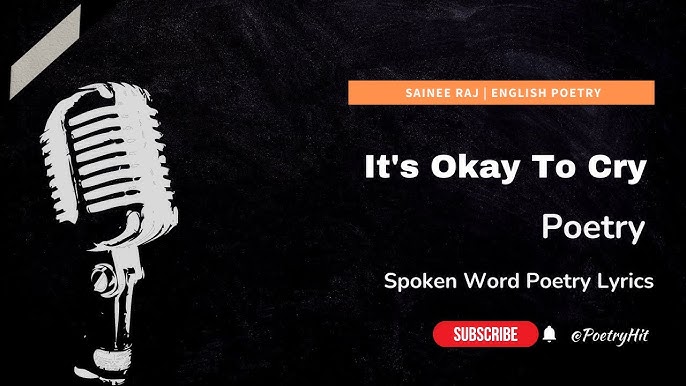
Freelancing as a Modern Earning Strategy
In the rapidly evolving digital economy of 2025, freelancing has emerged as one of the most viable and flexible ways to earn a living. With the rise of remote work, global connectivity, and platforms that connect skilled individuals with clients worldwide, freelancing offers unparalleled opportunities for financial independence, work-life balance, and career fulfillment. This article explores why freelancing is a powerful modern earning strategy, its benefits, challenges, and actionable steps to succeed as a freelancer.
Why Freelancing is a Modern Earning Strategy
Freelancing has transformed from a side hustle to a mainstream career choice, driven by technological advancements and shifting workplace dynamics. According to recent data, over 70 million Americans freelanced in 2024, contributing $1.27 trillion to the U.S. economy, with similar trends globally. The gig economy, fueled by platforms like Upwork, Fiverr, and Toptal, allows professionals to offer services ranging from graphic design to software development, writing, and digital marketing.

The appeal of freelancing lies in its flexibility and scalability. Unlike traditional 9-to-5 jobs, freelancers can choose their projects, set their rates, and work from anywhere with an internet connection. This autonomy aligns with the growing desire for personalized career paths, especially among Millennials and Gen Z, who prioritize flexibility over job security.
Benefits of Freelancing
- Flexibility and Freedom
Freelancers control their schedules, allowing them to balance work with personal life. Whether you’re a night owl or prefer working in short bursts, freelancing accommodates diverse lifestyles. - Diverse Income Streams
Freelancers can work on multiple projects across industries, reducing reliance on a single employer. This diversification mitigates financial risk and opens doors to higher earnings through specialized skills. - Global Opportunities
Platforms like Upwork and Freelancer.com connect freelancers with clients worldwide, enabling access to higher-paying markets. For instance, a web developer in a lower-cost region can earn U.S.-level rates by serving international clients. - Skill Development
Freelancing encourages continuous learning. Working on varied projects hones skills, from technical expertise to client communication, making freelancers more competitive over time. - Entrepreneurial Growth
Freelancing is a gateway to entrepreneurship. Many freelancers scale their services into agencies or product-based businesses, leveraging their client base and expertise.
Challenges of Freelancing

While freelancing offers immense potential, it’s not without hurdles:
- Income Instability
Unlike salaried jobs, freelance income can fluctuate. Securing consistent clients requires proactive marketing and networking. - Self-Discipline
Without a boss or fixed hours, freelancers must manage their time effectively to meet deadlines and maintain productivity. - Administrative Overload
Freelancers handle their own taxes, invoicing, and client acquisition, which can be time-consuming. Tools like QuickBooks or Wave can streamline these tasks. - Lack of Benefits
Freelancers don’t receive employer-provided benefits like health insurance or paid leave. Budgeting for these expenses is critical. - Competition
The global freelance market is competitive, especially for beginners. Standing out requires a strong portfolio, niche expertise, and excellent client reviews.
How to Succeed as a Freelancer in 2025
To thrive in the freelancing world, follow these actionable steps:
1. Identify Your Niche
Specializing in a high-demand skill, such as AI development, UX/UI design, or content strategy, sets you apart. Research platforms like Upwork to identify trending skills and align them with your strengths.
2. Build a Strong Portfolio
Showcase your work through a professional portfolio. Use platforms like Behance for creatives or GitHub for developers. Include case studies that highlight your impact, such as increased client revenue or successful project outcomes.
3. Leverage Freelance Platforms
Start with platforms like Upwork, Fiverr, or Toptal to find clients. Optimize your profile with clear descriptions, relevant keywords (e.g., “SEO content writer”), and testimonials. In 2025, platforms increasingly use AI to match freelancers with clients, so keep your skills updated.
4. Set Competitive Rates
Research market rates for your skillset and experience level. For example, freelance writers charge $50–$500 per project, while developers may earn $30–$150 per hour. Start modestly to build a reputation, then increase rates as you gain credibility.
5. Network and Market Yourself
Beyond platforms, use social media like LinkedIn or X to connect with potential clients. Share insights, join industry discussions, and post about your projects to establish authority. Personal branding is key in a crowded market.
6. Invest in Tools and Skills
Use productivity tools like Trello for project management or Grammarly for writing. Invest in courses (e.g., Coursera, Udemy) to stay competitive in fields like AI, blockchain, or digital marketing, which are in high demand in 2025.
7. Deliver Exceptional Client Experiences
Timely communication, meeting deadlines, and exceeding expectations lead to repeat clients and referrals. Request feedback and reviews to boost your credibility on platforms.
Monetization Strategies for Freelancers
Freelancers can maximize earnings through diverse revenue streams:
- Hourly/Project-Based Work: Common for beginners, offering predictable income.
- Retainers: Secure long-term contracts for consistent cash flow.
- Digital Products: Sell templates, e-books, or courses based on your expertise.
- Affiliate Marketing: Promote relevant tools or services through your blog or social media.
- Consulting: Offer strategic advice once you’ve built a reputation in your niche.
The Future of Freelancing
In 2025, freelancing is poised for further growth. AI tools are streamlining administrative tasks, while blockchain-based platforms are emerging for secure, transparent contracts. The demand for specialized skills, particularly in tech and creative fields, continues to rise. However, freelancers must adapt to trends like AI-driven automation, which may disrupt low-skill tasks but create opportunities for those who upskill.
Conclusion
Freelancing is a dynamic and rewarding earning strategy for those willing to embrace its challenges. By leveraging flexibility, global opportunities, and modern tools, freelancers can build sustainable careers that align with their passions and goals. Whether you’re a designer, developer, or writer, the key to success lies in niche expertise, consistent marketing, and delivering value to clients. In the digital age, freelancing isn’t just a job—it’s a lifestyle that empowers you to shape your financial future.






